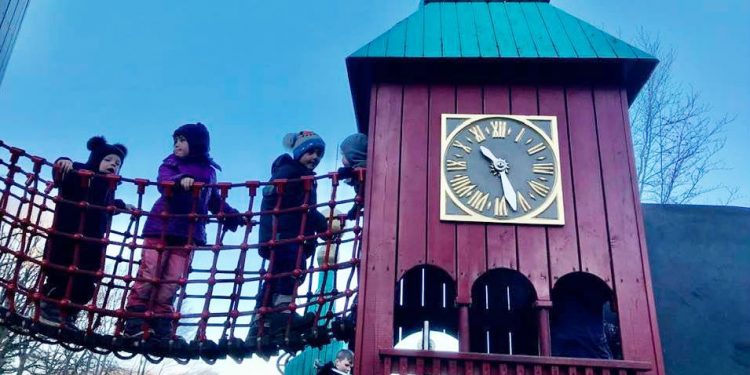What can you do with your children during the lockdown of schools?

At today’s press meeting many reporters wanted to know, what to with their children and for instance playdates during the closure of the schools and other institutions. Find advice here.
The article continues below.
By Bente D. Knudsen
During the next two weeks, thousands of Danish children will be unable to attend school and instead be at home for many hours.
Even if many schools are working at ensuring that some kind of home schooling and virtual lessons will be able to take place, it still leaves many hours in which children need to be activated.
Søren Brostrøm, the CEO of the Danish Health Board, did his best to explain how the health authorities view this situation.
Most importantly he underlined that any sick child, as with other family members, even if just a cold or cough, must not go to work with their parents or socialize with other children.
As in any situation when a person is ill, spreading the disease, whether it is the coronavirus or just an ordinary cold, must be avoided and staying at home is necessary. And grandparents are not to be used as babysitters under any circumstance.
The article continues below.
At the same time he stressed that children are not in a risk group, they do not seem to get ill to the same degree from the coronavirus and thus are not at risk of getting any serious symptoms, much to the relief of many parents for sure.
However, he also stressed that for those who are not ill, who are normal healthy children, they should be allowed to socialise and play with other children, and not be confined indoors with to movies and computers.
Important when organising playdates with children from other families is to limit the amount of time they spend indoors in small confined children’s rooms.
If you have to stay inside, find a large room for them to play and limit the number of children playing together indoors.
Much better is to go outside and play, outdoors they will also be less close to each other, as running around on the playground is better than sitting close to each other in a small room.
Hand hygiene is still important, make sure your children wash their hands often, or use a disinfectant and do not socialize with elderly grandparents or other older people or anyone else who is in the risk group.
In general, the advice to all citizens is at the moment:
Avoid crowds and being together in large groups, but you can still visit friends and socialise but keep a distance of at least one meter, do not hug and kiss.
Spend as much time outdoors as possible, go for walks and get fresh air.
If you have any symptoms at all, stay at home and avoid close contact with others and do not have any contact with elderly people or those at risk.
If you are not seriously ill and you are not in the risk group, you do not even need to call your GP.
All medical resources will now be pooled and prioritised at testing and helping those at risk.

